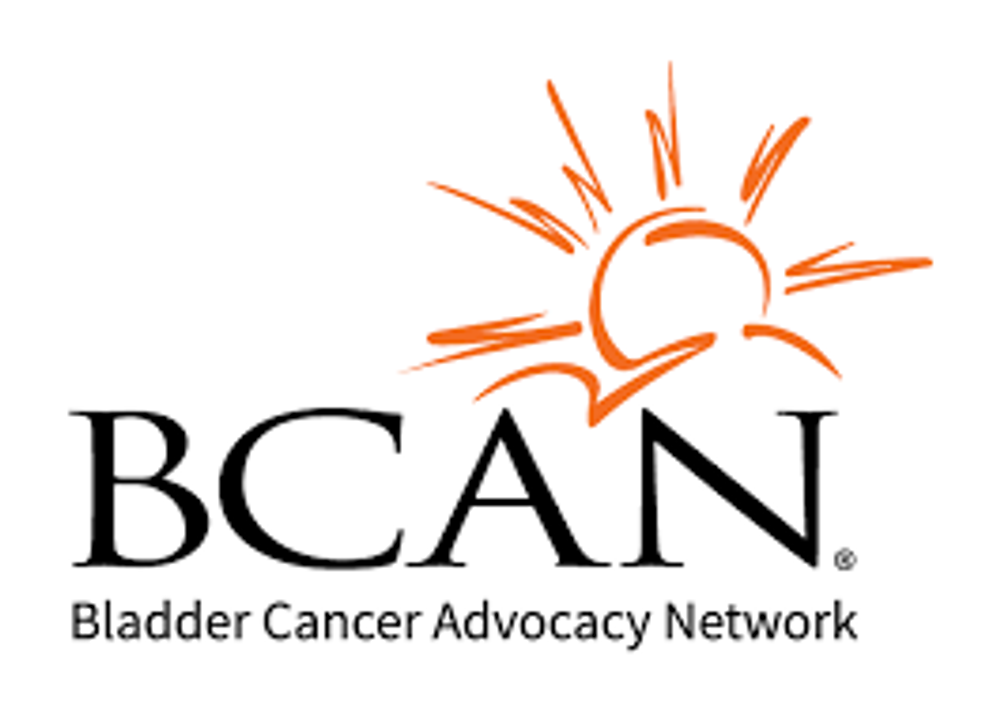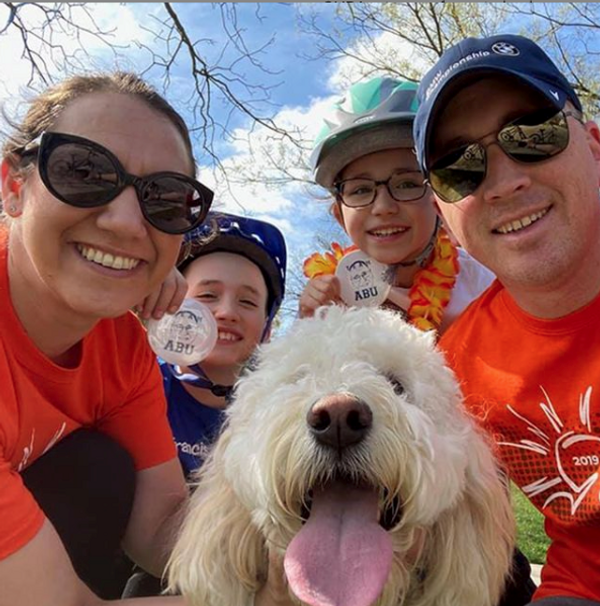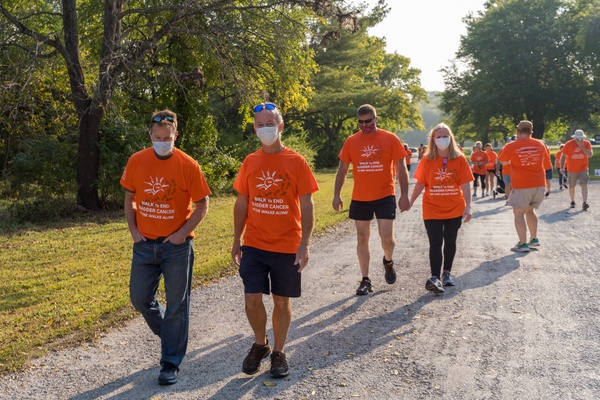Bethesda, MD (May 3)—Although bladder cancer is the sixth most commonly diagnosed cancer in America, it is an underrecognized, yet very prevalent, disease that affects the more than 600,000 people in the U.S. who are living with it. To help shed light on this disease that will be diagnosed in more than 83,000 people this year, May is Bladder Cancer Awareness Month. This special month provides an opportunity to raise awareness of its signs and symptoms, champion bladder cancer research and education, and foster support for those who are impacted by this terrible disease. For bladder cancer, early detection saves lives.
“When my late husband was diagnosed in 2000, we were shocked to find out that bladder cancer is so common and frustrated by the difficulty in finding information about the disease,” said Diane Zipursky Quale, co-founder of Bladder Cancer Advocacy Network. “We were dismayed and frightened to learn about the limited treatment options available, and we discovered that although there had been advances in surgery, there had been no new drugs or medical treatments for decades—so we created our own advocacy network to give a voice to bladder cancer patients and demand better treatment options.”
According to the American Cancer Society, while incidence rates of several common cancers are expected to decline in 2021, bladder cancer cases are expected to increase by 3% during the year. Bladder cancer impacts both men and women, and while the disease is less common in women, it is often more deadly because it is diagnosed in later stages.
Early detection is key—the five-year survival rate for bladder cancer when diagnosed early is 90%, but bladder cancer signs and symptoms can be overlooked by patients and medical professionals. Amid the ongoing pandemic, many bladder cancer patients delayed or avoided making doctor appointments. “The first time an individual hears about bladder cancer, it should not be at diagnosis. Patients and families should have access to information so that they can take an active role in their health and know the questions to ask their doctor,” said Diane Zipursky Quale. The most common sign of bladder cancer is blood in the urine, also called hematuria, although other signs may include back pain, painful urination or frequent urination.
To improve public awareness, the Bladder Cancer Advocacy Network (BCAN) organizes a series of educational events in May and provides thousands of people with the support and resources they need to navigate their bladder cancer journeys. BCAN is continuing to raise awareness by hosting their now virtual Walk to End Bladder Cancer and Ask the Experts event, where two leading bladder cancer researchers answer questions from the public.
“Turning the tide against the rising incidence of bladder cancer in the U.S. starts with education and that includes working to remove the stigma that keeps people from talking about bladder cancer,” said Andrea Maddox-Smith, CEO of BCAN. “Especially during May, we focus our energy and resources on expanding assistance to bladder cancer patients and raising funds for critical research so that one day we will live in a world without bladder cancer.”
To learn more about the signs and symptoms of bladder cancer, visit: https://bcan.org/bladder-cancer-signs-symptoms-risk-factors/
About Bladder Cancer Advocacy Network
The Bladder Cancer Advocacy Network (BCAN) is a community of patients, caregivers, survivors, advocates, medical and research professionals united in support of people touched by bladder cancer. Since our founding in 2005, BCAN has been on the frontlines advocating for greater public awareness and increased funding for research to identify effective treatments and, eventually, a cure.



